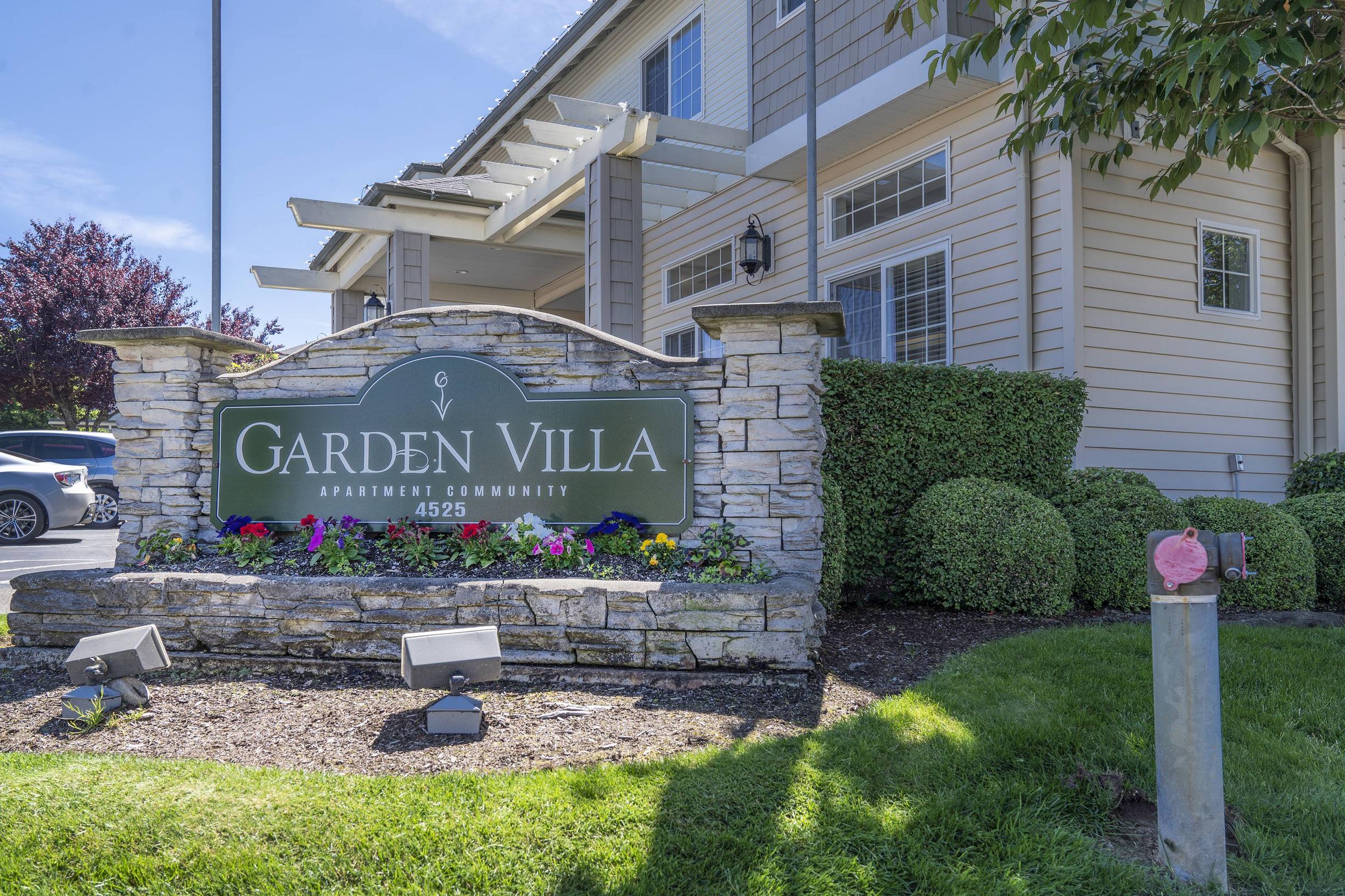
Spring is just around the corner, which means it is time to plan your small garden. These ideas are great for big spaces, but also work well in smaller, closer-to-the-house areas. It takes only a few small pots and some creativity to grow fresh herbs, veggies, and flowers. Even if you don't have much space, you can still plant some plants to brighten up your yard.
A few small-space gardening tips include maximising the space and avoiding potential problems. While it is tempting to plant a ton of things in a small area, you should try to avoid doing so. A dense canopy may encourage disease, as too many plants can compete with each other for light and nutrients. It is better to choose carefully placed plants that can thrive within a small area. It is possible to increase yield by selecting the right mix.

A vertical garden or green wall can give order to small spaces. The space will appear larger thanks to the lush effects of fast-growing climbers such as jasmine and honeysuckle. Ikea sells faux plant wall panels that give the illusion of a larger garden. In this way, you can create the illusion of a larger garden. Use your imagination and seek out professional advice when choosing the right plants.
You can have a beautiful garden no matter how small your space is. Even if you don’t have a lot to spare, you can still create a stunning flower garden. Hanging plants, window boxes and even hanging plants are all options. Even a small balcony can be used to grow a vegetable garden. The best part about this is that you can plant any kind of plants. Follow these steps to ensure you are well-prepared.
A few fruit trees can be planted in a small area to make it more manageable. You can also plant a small playhouse with brightly-coloured furniture. Adding a playhouse in a small garden will allow you to share the fruits and vegetables with your neighbours. If you have limited space, you can build your own sun lounger. To create a functional and attractive garden, you will need a few square feet of space, some budget, and creativity.

You should plant the right plants for your garden. Choose compact plants that don't take up a lot of space and will not dominate the ground plane. You can also choose columnar trees to achieve appropriate scale. Before you add any flowering plants to your garden, make sure that the foliage-framework is in place. Combining your vegetable garden with flowers can make a small garden look larger. You'll be amazed at how big your garden looks.
FAQ
What's the difference between aquaponic and hydroponic gardening?
Hydroponic gardening uses nutrient-rich water instead of soil to feed plants. Aquaponics is a system that combines fish tanks and plants to create an ecosystem that is self-sufficient. It's like having your farm right in your home.
What is the best vegetable garden layout?
It all depends on where you live. You should plant vegetables together if you live in a city. If you live in a rural location, you will need to space your plants out for maximum yield.
What equipment do I need to grow vegetables?
Not really. A shovel, trowel and watering container are all you need.
Do I have enough space to plant a vegetable or fruit garden in my backyard?
It's possible to wonder if you will have enough space for a vegetable or fruit garden if your current one is not available. Yes. A vegetable garden doesn't take up much space at all. It just takes some planning. For example, you could build raised beds only 6 inches high. Or you can use containers to build raised beds. Either way, you'll still get plenty of produce.
Statistics
- According to a survey from the National Gardening Association, upward of 18 million novice gardeners have picked up a shovel since 2020. (wsj.com)
- Today, 80 percent of all corn grown in North America is from GMO seed that is planted and sprayed with Roundup. - parkseed.com
- It will likely be ready if a seedling has between 3 and 4 true leaves. (gilmour.com)
- Most tomatoes and peppers will take 6-8 weeks to reach transplant size so plan according to your climate! - ufseeds.com
External Links
How To
How do I keep weeds from my vegetable garden?
The biggest threat to the growth of healthy vegetables is weeds. They compete for space, water, nutrients, sun, and sunlight. To prevent them from taking over your garden, use these tips:
-
When they flower, take all the plants with you
-
Be sure to remove any debris or leaves from the base.
-
Mulch
-
Drink water frequently
-
Rotate crops
-
Don't let the grass grow too long
-
Keep soil moist
-
Plant early
-
Harvest often
-
Mix compost
-
Avoid chemical pesticides
-
Produce organic vegetables
-
Get heirloom seeds
-
Start small
-
Learn more about companion planting
-
Be patient
-
Enjoy gardening!